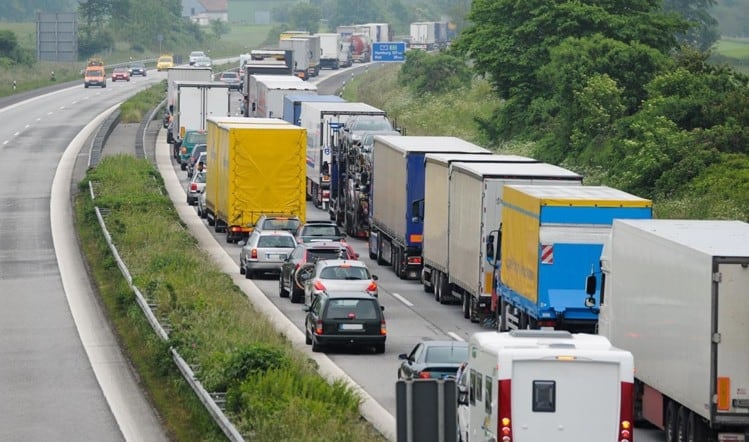Wouldn’t it be great if we could have near-instantaneous end-to-end visibility of our supply chain? Or clear and accessible authenticity of data and the ability to help customers learn the origin and history of products in near real time? This is no longer fiction – it is possible, but only with a combination of technologies and using a platform like blockchain.
Contrary to popular belief, blockchain is not just a platform to serve cryptocurrencies. It also allows transactional information to be stored, traced and traded securely and privately between multiple users – and this transactional element has vast implications for supply chains in particular.
Trace the origin of foods
Blockchain will enable food suppliers and manufacturers, hauliers, retailers and the end-consumer to trace the origin of foods right back to the fisherman who pulled it out of the sea or the farmer who pulled it from the earth, massively speeding up and validating the one-up, one-down traceability we currently have.
There has been a recent surge in large food and retail firms looking to invest in the technology. Walmart has teamed up with IBM and a selection of food firms, including Nestlé, Unilever and Dole, to improve product line traceability, while French retailer Carrefour has piloted the use of blockchain to trace its poultry, with plans to roll it out further soon.
Regulatory tool
In the UK, blockchain’s use as a regulatory tool in the food sector first came when the Food Standards Agency concluded a two-month trial, using it to help manage slaughterhouse inspections and the collation of results.
As the technology leapfrogs ahead, it brings myriad legal issues – from data protection/privacy to jurisdiction and legal framework, from the production of ‘smart’ contracts that can self-fulfil to tax law and regulatory regimes. But the opportunity blockchain presents far outweighs the challenge.


